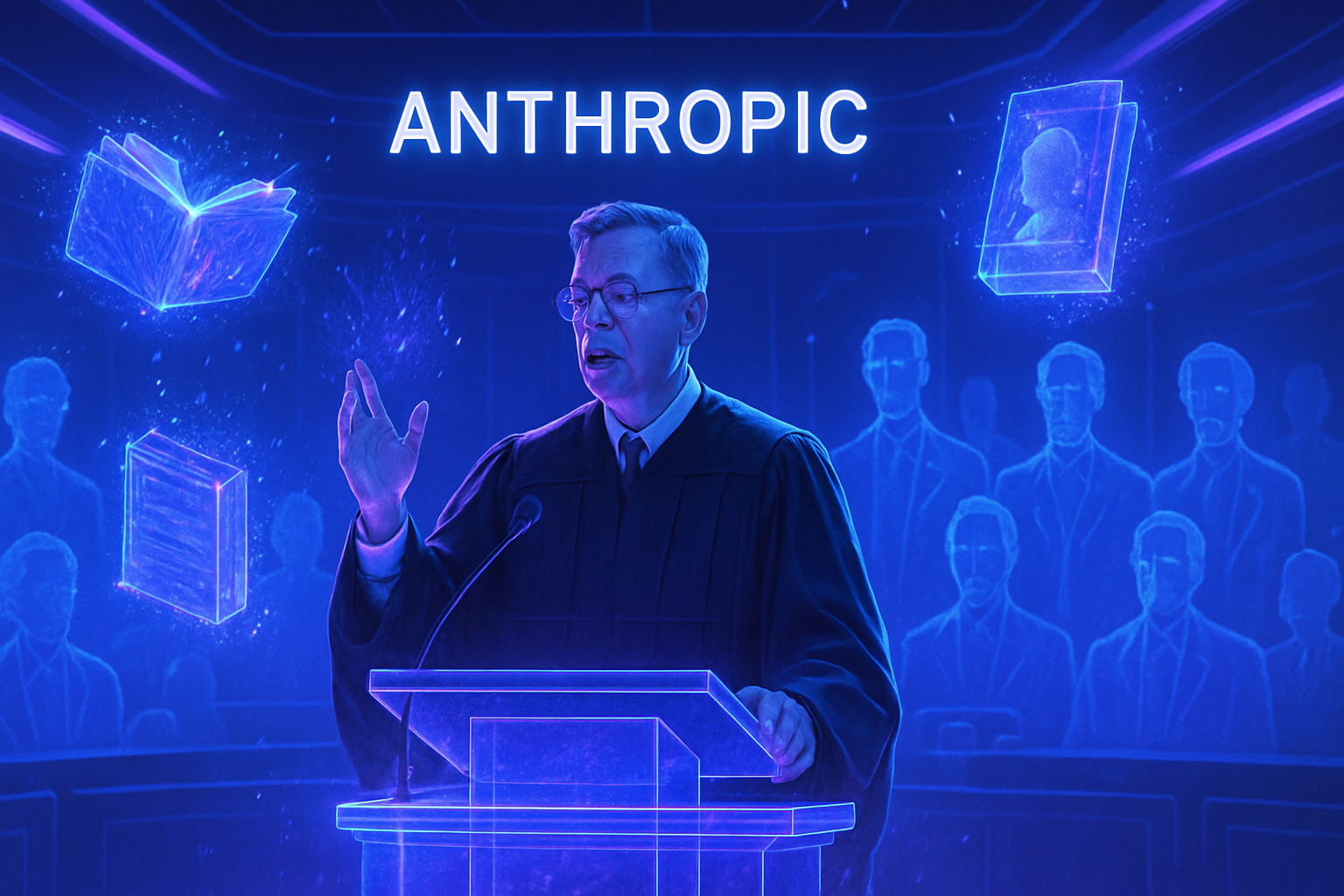Zuckerberg orchestrates an ambitious recruitment at the heart of technology. In Silicon Valley, a confidential list intrigues players in artificial intelligence. Salaries reaching 100 million dollars echo Meta’s aspirations, reinforcing the competition among the brightest minds. The search for superintelligence thus becomes the new Eldorado for seasoned engineers, driven by unprecedented challenges. Mark Zuckerberg stands out by trying to seize the best talents, transforming the technological ecosystem into an arena of unparalleled rivalries.
Zuckerberg’s List: An Overreaching Ambition
Mark Zuckerberg, the founder of Meta, has developed a daring strategy to attract top-level talent in artificial intelligence. Named “The List,” this initiative targets the most renowned engineers and researchers in the field. With salaries reaching 100 million dollars, the battle for recruiting AI luminaries is underway.
The Precision Candidates
The professionals on this list share an exemplary academic background. Often holding Ph.D.s from elite institutions such as Berkeley and Carnegie Mellon, these individuals possess rare skills. Their experience includes notable stints at OpenAI and Google DeepMind. Generally in the prime of their lives, these talents are linked by a network of excellence.
Reaction from the Tech Community
This movement has sparked mixed reactions within the tech community. Sam Altman, founder of OpenAI, described this approach as “crazy,” questioning its long-term effectiveness. On the Uncapped podcast, he expressed satisfaction that none of his top talents responded positively to Zuckerberg’s offer.
Culture and Goals
Zuckerberg seems to favor a financially advantageous approach rather than a commitment to an inspiring corporate culture. Altman emphasized the importance of mission and work, rather than just monetary incentives. This strategy could have negative consequences for the corporate culture within Meta.
A Promising Technological Horizon
Even if this ambition may seem extravagant, it reflects the fierce competition in the field of artificial intelligence. Meta’s desire to reach new heights in superintelligence fits into a dynamic where innovation is paramount. The threat of talent loss is ever-present, prompting companies to react swiftly.
Meta’s quest to attract experts is also indicative of recent technological breakthroughs. Advances like those observed at DeepSeek reinforce the necessity for companies to surround themselves with the best available talent. Detailed information about this dynamic can be found here: Meta intensifies its commitment to artificial intelligence.
Conclusion of the Series
The challenges associated with this type of recruitment approach remain to be determined. AI talents may choose to evolve towards environments that prioritize their personal and professional development. They must weigh financial advantages against their desire to contribute to missions that transcend mere economic imperatives. The future of tech giants depends on their ability to adapt to this reality.
For more information on the phenomenon of “The List,” additional articles provide interesting insights, including: the secret list of talent in artificial intelligence and the secret list of talents to poach.
FAQ: Zuckerberg’s list resonates in Silicon Valley
What is Zuckerberg’s ‘list’?
The ‘list’ is a compilation of names of engineers and researchers in artificial intelligence that Mark Zuckerberg has compiled to recruit talents to develop ambitious projects at Meta.
What types of profiles are sought on this list?
The sought profiles include AI experts generally holding a Ph.D. from prestigious schools such as Berkeley or Carnegie Mellon, as well as experience in reputable companies like OpenAI or Google DeepMind.
Why does Zuckerberg offer such high salaries, reaching 100 million dollars?
Zuckerberg aims to attract top talent by offering exorbitant salaries to convince them to join a lab focused on superintelligence, reflecting his enormous ambitions in the AI sector.
How does the tech community react to these offers?
The tech community, including figures like Sam Altman, founder of OpenAI, has expressed concerns about Zuckerberg’s strategy, believing that such an approach could harm workplace culture and the real attractiveness of missions.
What age are the candidates on this list typically?
The candidates targeted by Zuckerberg are generally aged 20 to 30, and they tend to form an interconnected network within the tech ecosystem.
Does the ‘list’ have an impact on the job market in the AI field?
Yes, Zuckerberg’s ‘list’ could influence the job market by intensifying competition for AI talent, pushing other companies to adjust their offers and working conditions to attract these professionals.






